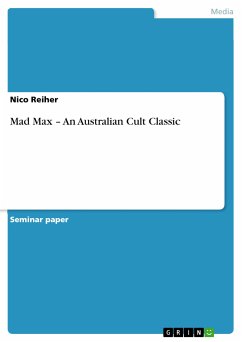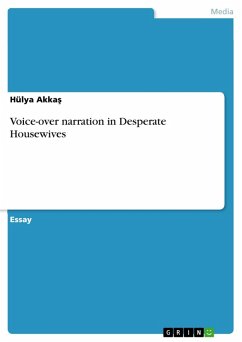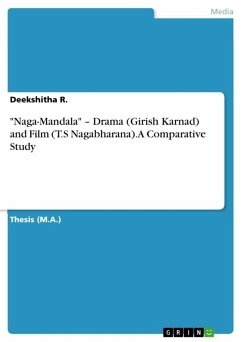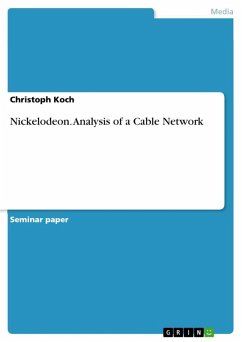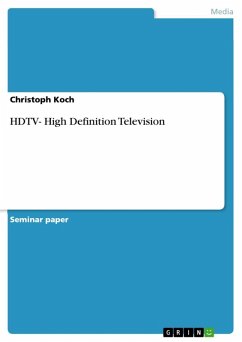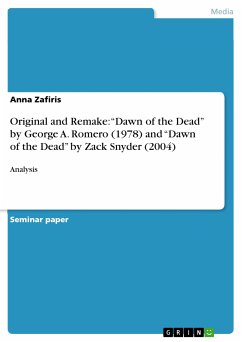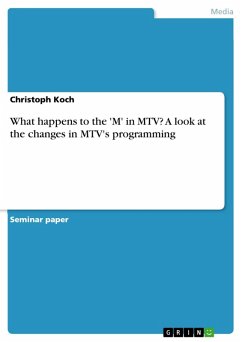Seminar paper from the year 2010 in the subject Communications - Movies and Television, San Diego State University (Theater, Film and Media), course: History of Film Classics, language: English, abstract: George Miller’s 1979 movie Mad Max has turned into a cult classic film. Given a rather straightforward storyline, the Australian picture, however, features various innovative qualities and unprecedented achievements especially when considering the time of its release. Although Mad Max was a low-budget production, the film turned out to be a huge success and contributed to the worldwide recognition of the Australian cinema. Beside its breathtaking action sequences, innovative car designs and a high degree of explicit violence, the movie also transcended the boundaries between already established, traditional film genres such as action, road movies and science fiction. Moreover, the picture appeared to become the starting point for the highly successful career of its main actor, Mel Gibson. Consequently, Mad Max is writer and director George Miller’s and co-writer Byron Kennedy’s groundbreaking work that developed a blend between Australian and American elements of cinema. Its outstanding position becomes obvious in the movie’s success as well as in its two widely popular sequels, Mad Max 2: Road Warrior (1981) and Mad Max Beyond Thunderdome (1985).
